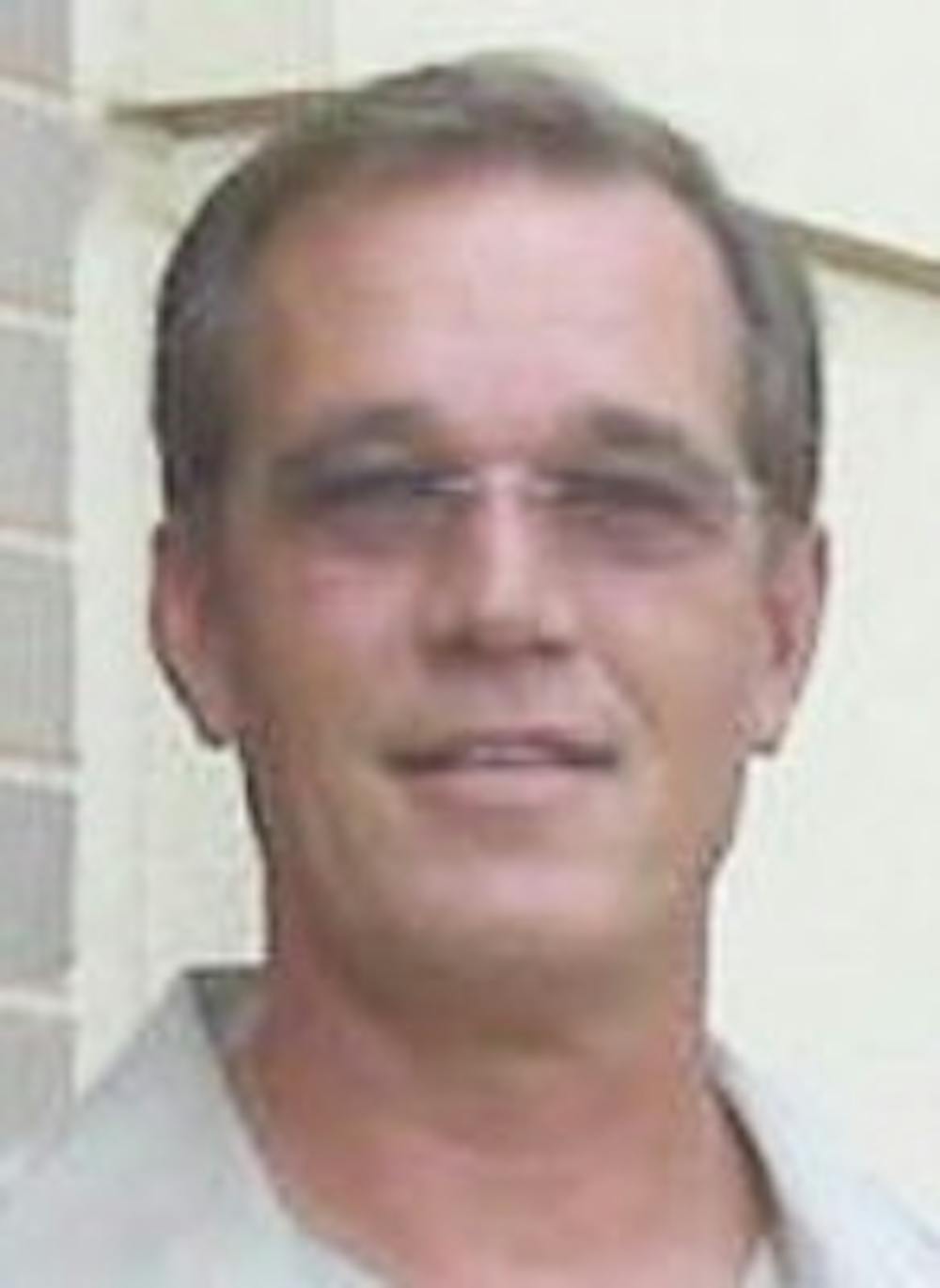After spending 27 years in a Florida prison for a murder he didn’t commit, Bill Dillon was exonerated by DNA evidence and cleared of all charges.
Now, he travels the country speaking out against the death penalty. He will speak at UNC today as part of the series “Innocence, Racial Justice and the End of the Death Penalty in N.C.,” hosted by UNC’s Center for Civil Rights.
Staff writer Emily Byrd sat down with Dillon to discuss his time in prison and life since his release.
Daily Tar Heel: In 2008, you were released from prison after being wrongly convicted. How did they break the news, and what did that feel like?
Bill Dillon: It was incredible. They didn’t actually tell me I was exonerated, they just told me they were releasing me. Being released was something beyond belief after all those years.
DTH: So if you weren’t initially exonerated, were you left in a limbo state between guilt and innocence from a legal standpoint?
BD: No, it started out initially that they were going to retry me. Then, 11 days later, they just dropped everything and said they weren’t going to.
DTH: What was the most difficult part of readjusting after your release?
BD: Just life itself — technology, everything. It was amazing. It was a whole other level. You’ve got to remember, I went in there in 1981. It was cassette tapes and VCRs and no computers.



